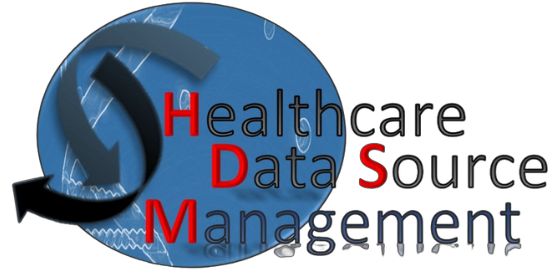By Angelina J Knott, MS, CPC
Want to improve cash flow? Smooth out your medical billing processes by creating proactive measures to prevent costly reimbursement delays. Medical billing is the heartbeat of healthcare organizations as it is the process by which medical providers are reimbursed for their services. The medical billing process begins with the scheduling of an appointment or other point of service for healthcare. The information should be accurately collected here because it will be used to create medical claims and medical statements to pursue reimbursement for medical services. Any missteps during the medical billing process can cause revenue leakage due to missed or delayed payments. Follow these 5 tips to help plug any holes to improve your medical billing process and thus improve cash flow.
Verification of Benefits. The patient registration process begins once a medical appointment is scheduled. It is during this process that patient demographic information, insurance information, insurance verification, and any pre-authorizations must be efficiently collected and completed. Prior to a patient’s arrival, insurance benefits should be verified. Additionally, copayments, coinsurance, and deductibles should be determined in advance and communicated to patients to avoid unexpected costs.
Provide Out-Of-Pocket Estimates. With dwindling reimbursement rates on the rise and increased patient financial responsibility increasing it is important that healthcare practices are focused on ways to ease patient anxiety regarding healthcare costs as much as possible. A recent TransUnion Healthcare survey found that 65% of patients were willing to make payments if they are provided cost estimates prior to their appointment.
Efficient Medical Coding. Medical coding communicates to payers what service the provider performed and why it was performed during a patient episode of care for reimbursement. Errors in medical coding can cost healthcare organizations thousands of dollars in claim denials as well as compliance issues relating to unbundling, undercoding, or upcoding. Ensuring that you have certified medical coders on your team can assist with appropriate medical code assignment which is key to accurate reimbursement. Also, medical coding audits should be conducted to ensure quality coding and improved revenue.
Charge Reconciliation and Payment Posting. Charge capture is critical to the medical billing process, but according to survey findings by Ingenious Med, most medical executives do not have it on their radar. The survey found that 40% of medical leaders understand the importance of charge capture but they don’t discuss it on a regular basis. Missed charges equal missed revenue and that negatively impacts the profitability of healthcare organizations. Ensure that there is a charge reconciliation process in place to daily balance that all medical services rendered have been assigned a charge and have been entered into the system. Payment posting is equally as important in the revenue cycle process. Whenever possible, electronic remittance advice reports and electronic funds transfers should be utilized to quickly retrieve funds and to accurately track and identify payer issues. The lack of a proper payment posting process can lead to inappropriate patient statements going out or unduly refunds.
Denial Management Strategy. Medical claim denials can drive delayed payments and increase costly write-offs. An efficient denial management strategy is key to maintaining the financial growth of a healthcare organization. According to an analysis by Change Healthcare, half of claim denials stem from errors in patient access processes. Denial management strategies must include tracking and trending claim denials to determine where the denials are coming from and the reasons behind the denials. Providers can spotlight six areas: eligibility and registration, authorizations and pre-certifications, medical necessity, medical coding, missing claims and non-covered services.
Healthcare organizations leave up to 30 percent of their earned reimbursement on the table due to inefficient billing and collections process, staffing inadequacies, a lack of training, and the inability to leverage technology and automation throughout the revenue cycle process. Incorporate these tips into your medical billing operations for proactive measures to prevent costly reimbursement delays. For more in-depth reviews partner with Healthcare Data Source Management, Inc.

